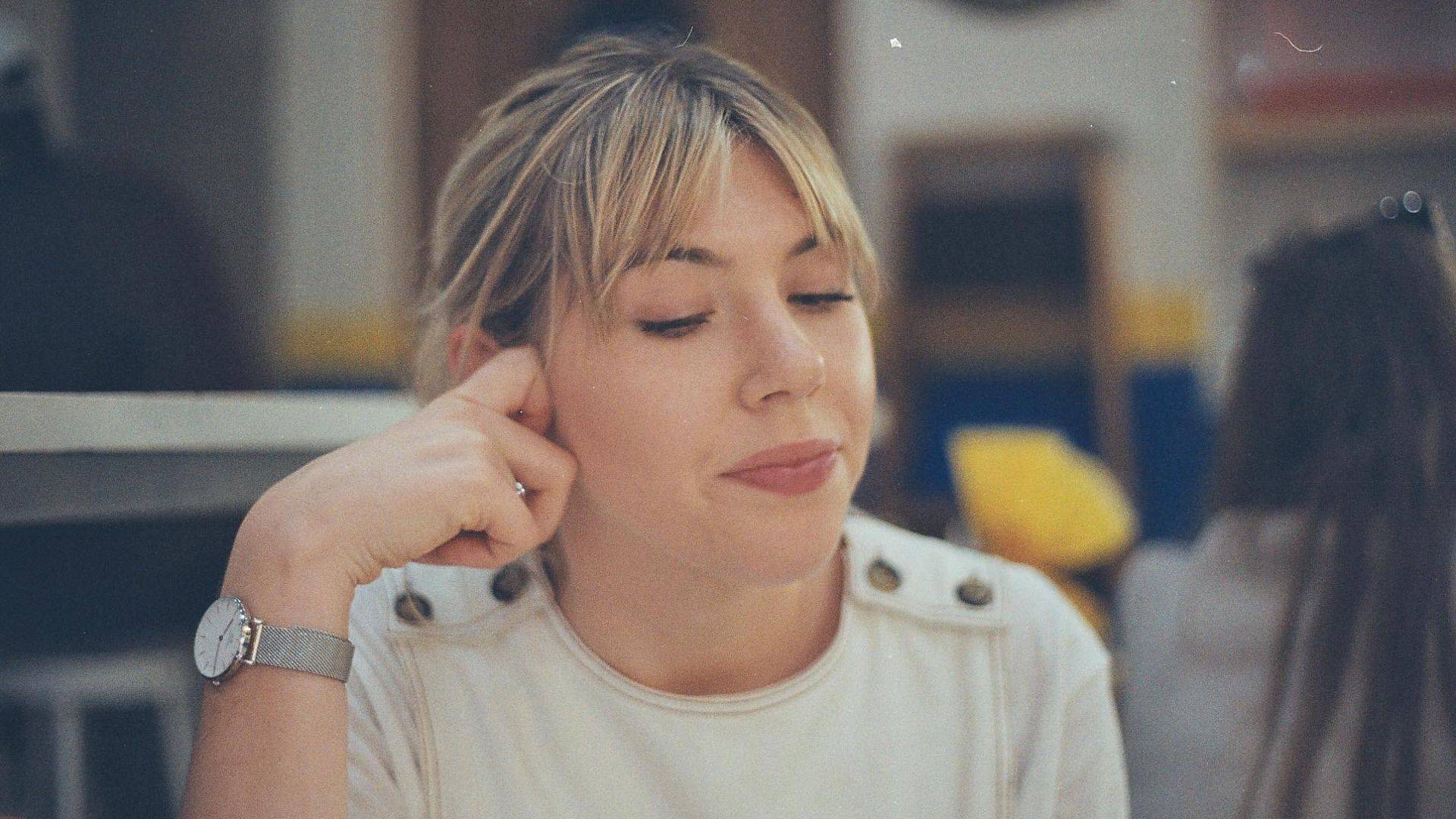The Socially Conscious Core of BTS

BTS’ debut single, “No More Dream”, off their album 2 Cool 4 Skool, opens with the irreverent lyrics: “I wanna big house, big cars & big rings, but actually I don’t have any big dreams”. You might think they’re describing future aspirations, but in actuality BTS are mocking those who live like sheep, following the herd with materialistic goals and no real passions.
BTS’ first song thus announced their socially conscious agenda: to talk to young people directly, and to give voice to the underrepresented in a world that is unfairly built to favour the privileged. Throughout their career, BTS have purposely put social issues at the forefront of their pop songs. They lure you in with a catchy hook, then come for the jugular with shrewd observations on everything from mental health, to the suffocating pressure of the Korean education system, and overwhelming social injustice the world over.
But BTS are never content with a passive audience. Often, they’re asking young people to rise up and question the systems they’re complicit in. Their message is pretty straightforward in a song like “Am I Wrong”: “if what you see on the news is nothing to you… you’re not normal”.
Though the name “BTS” is now synonymous with the glitz and glamour of worldwide stardom, they’ve made some pretty biting comments about capitalism and excess over the years. Take “Spine Breaker”, a song that admonishes young people for following popular trends that proverbially break their parents’ backs. The lyrics acidicly focus on how social systems manifest inequalities with the lines, “In the 21st century, we’re divided into exactly two classes/those who have, those who don’t have”.
The best part is how the message sneaks up on you sometimes during a melodic refrain. While you’re trying to get “Go Go’s” earwormy chorus out of your head, BTS are making a point about YOLO consumerist culture where people are “pinching pennies to spend it all on wasting it.”
As a fan, it’s kind of like having a conversation with your best friend: BTS’ lyrics will call for you to be better, to question the things around you. And at other times, they’re rallying behind you, outspoken advocates fighting back against unrealistic expectations forced upon young people.
“Silver Spoon” is possibly the best example of their stance against social injustices, especially in relation to the way the older generation denigrates the young as they try to get a foot up in the world. Their incredulity at these structures roils in lines like, “Saying that this is justice? You must be kidding me”.
They’re also not pulling any punches on tracks like “Dope”, where they radiate self-confidence while retorting sharply, “The media and adults say we don’t have willpower condemning us like stocks/why are they killing us before we can even try?”. On earlier songs like “N.O”, they turn their sights onto the intense education system that demands young students’ lives be committed to study, to the detriment of their mental wellbeing:“They say that we’re happier than our portion/then how do you explain my unhappiness?”.
BTS explores these issues not just on a systemic level, but also as individuals. Mental health is an ongoing theme throughout their catalogue. Their lyrics are often pointed in discussing depression and anxiety. In “Sea”, BTS explore how success isn’t what it appears to be, and that happiness isn’t necessarily found at the peak of it. If anything, there are new hurdles ahead, begging the question: “But why is there this fear in between happiness?”. On Map of the Soul: 7, this anxiety manifests in the recurring imagery of shadows that follow, engulf and attempt to take them down when they are at their highest.
BTS’ solo music has also been an explorative space for individual members to go further into mental health issues. Suga’s song, “The Last”, released under the pseudonym Agust D on his first mixtape, addresses mental illness in a frank and honest manner, with vivid descriptions of therapy sessions and depressive thoughts. His lyrics contain a desperation to be understood, to lay his struggles bare, which is intensely relatable to so many of his listeners.
RM speaks of fears of failure and self-blame as he outlines his mental state in “uhgood”, on his second mixtape Mono, saying: “I trample myself by myself/Is this the best you can offer?/You have to be so much better… If you’re going to lose, you rather have to die/You have to win”.
BTS’ approach to mental health is remarkably eloquent, and often brutally honest. It feels real. But it’s always tempered with a sense of hope that they wish to pass onto us too.
BTS aren’t necessarily the first K-pop group to marry music with social issues. The forefathers of K-pop, Seo Taiji & The Boys, are renowned for connecting with young Korean people in the ‘90s through insightful lyrics on society and government. It’s all come full circle, as since then, BTS have been taken under Seo Taiji’s wing, performing at his 25th anniversary concert, and the group have covered a number of his songs, demonstrating the longevity of music with social change at its heart.
BTS have instigated change in many ways: their mere presence as Korean artists at the top of the pop music world speaks volumes. But their insistence to speak honestly in their music, to shed light on the issues that the voiceless need heard, is a powerful legacy of its own.
Sevana Ohandjanian is a writer who wants to talk to you about K-pop. Find her tweeting into the abyss @ichbinsev.
More BTS:





